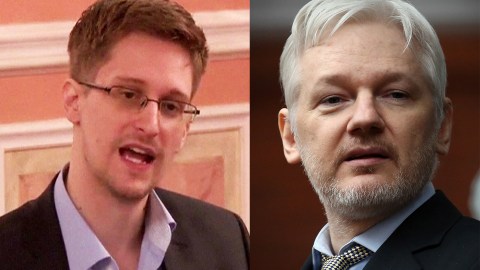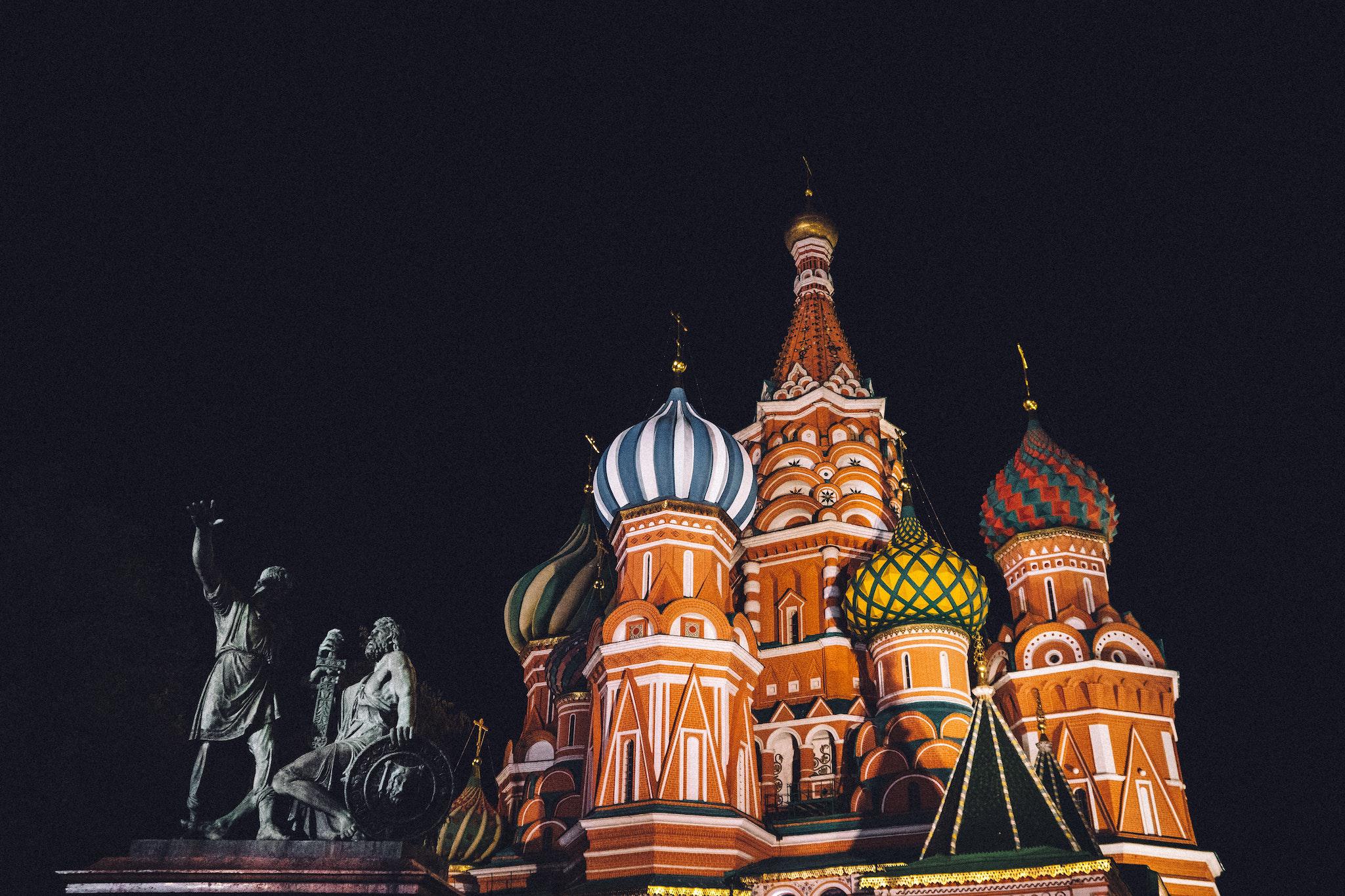Edward Snowden Called Out WikiLeaks Over Meddling in U.S. Election

There have already been many explanations given to explain why the Democratic party’s nominee Hillary Clinton lost the U.S. Presidential elections in 2016. They range from personal failings, DNC campaign shenanigans, FBI director Comey’s letter to Congress, turnout issues, forgetting the working class, not finding a way to connect with enough disaffected Bernie Sanders voters to over-relying on data analysis and incorrect polls. But besides all that, partial responsibility for her loss must lie with WikiLeaks, an organization that built a reputation for disclosing secret information to the public in the interest of greater transparency, but which, in effect, helped destroy the image of Hillary Clinton in the mind of many possible voters.
The email dumps by WikiLeaks exposed Clinton’s paid Wall Street speeches, a possible conflict of interest with the Clinton Foundation, and the fact that she got some questions passed on to her before the debates. But it was the release of emails from DNC officials that suggested the Democratic party was playing favorites and was set on Clinton winning the nomination that probably did the most damage. Apparently, DNC got so annoyed with Bernie’s surging candidacy that it was looking for a way to slow his momentum, even considering whether to use his religion against him.
A further WikiLeaks dump right before the election worsened the perception of DNC’s mistreatment of Bernie Sanders by suggesting Bernie was somehow blackmailed by the Clinton campaign during the primary campaign.
All the leaks proved highly embarrassing for the Clinton campaign and worked to further alienate Sanders’s voters. Certainly, many of them came on board anyway, but as the results in Michigan and Wisconsin show, it’s very possible Clinton did not connect with enough of Bernie’s voters to get her over the top in those states. Both of them were won by Sanders in the Democratic primaries.
The revelations by WikiLeaks also contributed to the hard-to-shake perception of Hilary Clinton and her campaign as secretive and somehow deceitful. Maybe the disclosures did not change the minds of many voters, but in a close election, they could have very well made enough of a difference, even just by driving down the excitement and turnout of her potential supporters.
So why did WikiLeaks do it? Did it want Trump to be elected President?
This cartoon from the WikiLeaks page with a searchable archive of Clinton’s emails shows a clear stance on what the organization thinks of the Secretary of State, drawing her as a corporate warmonger —

It was criticized by Edward Snowden, himself famous for disclosing classified information in the interest of transparency. In his tweet, he accused WikiLeaks of not having “even modest curation” of what it releases and how.
Democratizing information has never been more vital, and @Wikileaks has helped. But their hostility to even modest curation is a mistake.
— Edward Snowden (@Snowden) July 28, 2016
For his part, Julian Assange of WikiLeaks said in a statement that WikiLeaks is simply fulfilling its mission and publishes information as it gets it. If it had info on Trump or other candidates, it would publish that as well.
“Publishing is what we do. To withhold the publication of such information until after the election would have been to favour one of the candidates above the public’s right to know, “ wrote Assange.
WikiLeaks also responded in less lofty terms to Snowden, claiming he's trying to get a pardon from Clinton should she get elected by tweeting:
@Snowden Opportunism won't earn you a pardon from Clinton & curation is not censorship of ruling party cash flows https://t.co/4FeygfPynk
— WikiLeaks (@wikileaks) July 28, 2016
As Assange is now regarded as a hero in rightwing circles while increasingly reactionary Reddit thinks Trump will pardon him, and with the U.S. intelligence community now confirming Russia as being the source of the leaks, it’s undeniable that WikiLeaks had a profound impact on the elections and has even more revelations to make.
The question remains - is the interest of freedom of speech and transparency overriding any need for control over what information is released and when and what its repercussions are going to be? Was it fair that Clinton’s campaign seemed to be singled out by an Internet crusader, helping to bring the unknown of a Trump Presidency to fruition? The answer to this might depend on your political leanings, but even die-hard-liberals may find it hard to view freedom of speech and transparency in the same way after the unprecedented influence WikiLeaks had in 2016.





